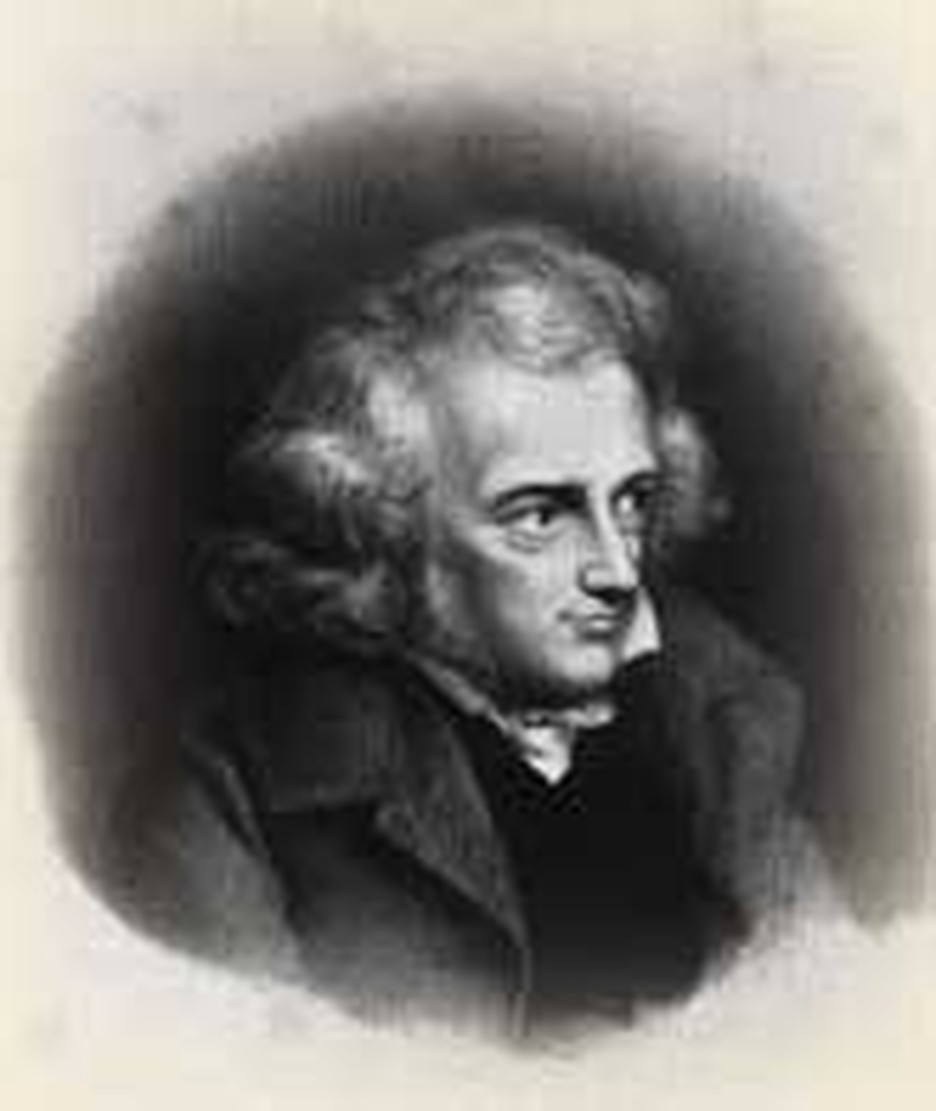
Friedrich August Gottreu Tholuck entered the world on this day, March 30, 1799 in Breslau, Prussia (later in Poland). His father was a goldsmith and the family expected the son to become a craftsman, too, but Friedrich was so awkward that prudence suggested he find work in some other field.
Clearly he was meant for the life of a scholar, for by the time he was sixteen years old, he was well on his way to mastering nineteen languages. As an adult, he spoke English, Greek, Arabic, Italian and French almost as well as his native German.
But the boy was a skeptic. He claimed to find Islam more attractive than Christianity. However, personal encounters with the vibrant Christianity of Schleiermacher, Neander and a Moravian baron led him to become an evangelical Christian. His took evangelist Count von Zinzendorf's motto as his own: "I have but one passion and that is He [Jesus] and He alone."
Appointed to teach at Halle, he faced opposition from fellow faculty members who were rationalists. But it was Friedrich's warm Christian spirit that prevailed over their coldly analytical thought: the entire faculty became evangelical.
At that time, skepticism and rationalism prevailed in German universities. Leading German theologians and thinkers ripped apart the Scriptures using higher criticism. Friedrich did not escape this influence, but it did not lead him into the heresies of most theologians. This was because he genuinely loved Christ Jesus.
Friedrich's love of Christ inspired him to make it his main aim to lead his students to personal faith in the Savior. His way of pressing home truth can be seen in his comment on Christ's prayer on the cross, "Father forgive them, for they know not what they do." Friedrich exclaimed, "How do these words on the Cross call to us, in God's name, not to make light of sin!" He invited his students for meals and took long walks with them. Several became notable theologians in their own right; men such as the teacher-theologian Charles Hodge remembered him with respect.
Friedrich wrote a number of books. The best-known may have been his commentary on the Gospel of John. Church historian Schaff says "his learning was extensive rather than thorough or exhaustive." He was "original, brilliant, suggestive, eloquent and full of poetry, wit and humor."
Bibliography:
- Schaff, D. S. "Tholuck, Friedrich August Gottreu." The New Schaff-Herzog Religious Encyclopedia. Grand Rapids, Michigan: Baker Book House, 1954.
- "Tholuck, Friedrich August Gottreu." Encyclopedia Britannica. 1911.
- Wesseling, Klaus Gunther. "Tholuck, Friedrich August Gottreu." Kirchenlexikon.
- Various short internet articles.
Last updated June, 2007








